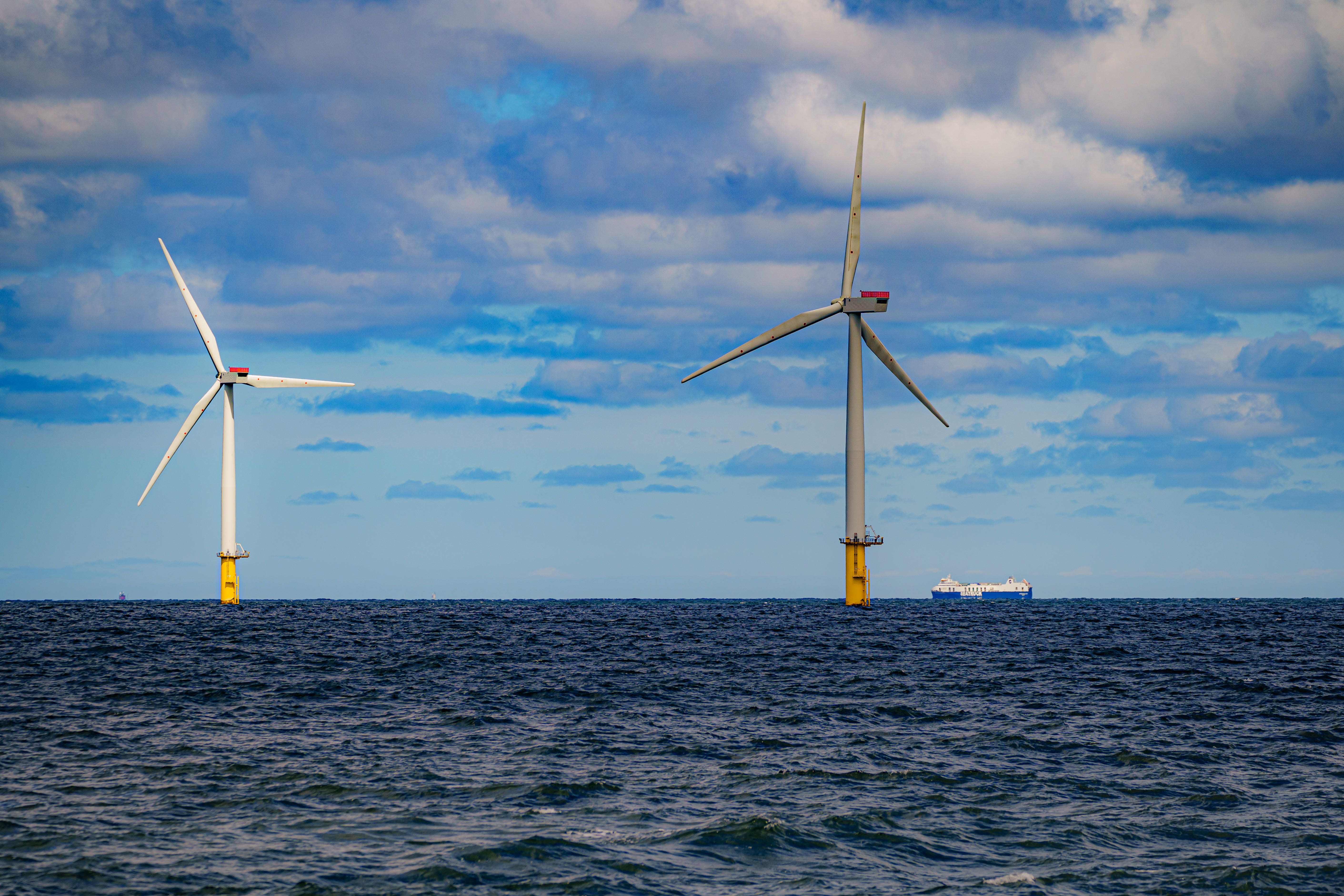Labour accused of ‘rank hypocrisy’ over pledge to cut energy bills
The SNP said parts of Scotland continue to pay higher standing charges than other areas of the UK such as London and the South East.

Your support helps us to tell the story
From reproductive rights to climate change to Big Tech, The Independent is on the ground when the story is developing. Whether it's investigating the financials of Elon Musk's pro-Trump PAC or producing our latest documentary, 'The A Word', which shines a light on the American women fighting for reproductive rights, we know how important it is to parse out the facts from the messaging.
At such a critical moment in US history, we need reporters on the ground. Your donation allows us to keep sending journalists to speak to both sides of the story.
The Independent is trusted by Americans across the entire political spectrum. And unlike many other quality news outlets, we choose not to lock Americans out of our reporting and analysis with paywalls. We believe quality journalism should be available to everyone, paid for by those who can afford it.
Your support makes all the difference.The SNP has accused Labour of “rank hypocrisy” over its pledge to reduce energy bills while parts of Scotland still face “shocking and vastly outdated” grid charges.
The SNP said while Scotland generates around 15.5% of the UK’s electricity – nearly double its population share of 8.2% – Scots continue to pay “some of the highest energy bills in Europe”.
Tariff prices remain the same across the UK but standing charges vary by region.
The SNP said the policy unfairly penalises Scotland, which produces a disproportionate amount of energy but pays higher standing charges compared to areas such as the South East of England where power production is not as strong.
Standing charges in the Scottish Hydro network area, which covers the Highlands and islands, increased by 113.7% between 2021 and 2023, although Ofgem said standing charges for customers who pay by direct debit across the UK have also more than doubled over that time.
The current single rate daily standing charge is 61.97p a day for northern Scotland and 64.17p for southern Scotland.
London and the South East have lower costs at 41.57p and 57.84p respectively, but areas such as the northern region of England pay a much higher charge at 72p per day, while Yorkshire’s standing charge is 68.27 a day.
Amid its calls for a shake-up to the rules around standing charges, the SNP has also attacked Labour over its pledge to reduce energy bills.
During the general election campaign, the party said it would reduce annual household power bills by £300 by 2030.
Ofgem, the energy regulator, announced in November that annual bills would rise by 1.2% on January 1 – an increase of £21 a year for an average household. Bills are expected to rise again in three months.
Emma Roddick, SNP MSP for the Highlands and Islands region, said the UK’s energy system is outdated and in need of reform.
She said: “For too long Scotland has been penalised with exorbitant grid charges and enough is enough.
“The Labour Party cannot do as the Tories did and ignore us on this issue, especially when they promised to bring down energy bills by £300.
“This is nothing more than rank hypocrisy and is resulting in shocking charges being passed down to consumers.
“Reforming this unfair system must be a priority in 2025, to ensure households and businesses in Scotland get a fair deal, and the only way to ensure that is by devolving energy powers to Holyrood.”
A spokesperson for the UK Department for Energy Security and Net Zero said: “Every family and business in the country has paid the price of Britain’s dependence on global fossil fuel markets.
“The clean power mission is the solution to this crisis. By sprinting to clean, homegrown energy, the UK can take back control of its energy with cleaner, affordable power.
“We are doing everything we can to support vulnerable families this winter – including through the £150 Warm Home Discount, which is expected to support three million eligible households.”